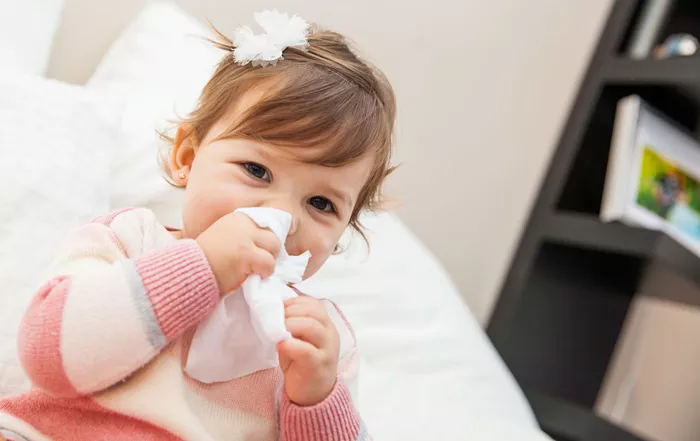The Stages of a Cold
The Incubation Stage
The Prodromal Stage
The Peak Stage
Respiratory Symptoms: A stuffy or runny nose becomes a major nuisance. The nasal passages are congested, making it difficult to breathe through the nose. This can lead to mouth – breathing, which in turn can cause a dry mouth and throat. Coughing also becomes more prominent. It can range from a mild, irritating cough to a deep, chest – rattling one. In some cases, the cough may produce mucus, which can be thick and colored (usually yellow or green if there is an underlying bacterial infection, although most colds are viral).
Systemic Symptoms: Fatigue is a common complaint. The body is using a lot of energy to fight off the virus, and this can leave us feeling extremely tired. We may find it hard to concentrate at work or school, and even simple tasks like getting dressed or making a meal can seem like a chore. A low – grade fever is also common during this stage. A fever is the body’s way of creating an inhospitable environment for the virus, as many viruses don’t replicate as well at higher temperatures. However, a fever can make us feel hot, sweaty, and generally unwell. There may also be body aches and pains, similar to the feeling we get after a strenuous workout, but without the exercise.
The Recovery Stage
Factors Affecting Which Days Are the Worst
Individual Immune System
Type of Virus
Sleep: Lack of proper sleep can significantly impact the experience of a cold. Sleep is essential for the body to repair and recharge, and it also plays a role in the immune response. If a person doesn’t get enough sleep during a cold, their body may not be able to fight off the virus as effectively. This can lead to a more severe peak stage, with symptoms lasting longer and being more intense.
Diet: A poor diet, especially one lacking in essential nutrients like vitamins C, D, and zinc, can weaken the immune system. People who don’t eat a balanced diet may find that their cold symptoms are worse during the peak stage. On the contrary, a diet rich in fruits, vegetables, and whole grains can provide the necessary nutrients to support the immune system, potentially reducing the severity of the cold.
Stress: High levels of stress can suppress the immune system. When we’re stressed, our bodies produce hormones like cortisol, which can interfere with the normal functioning of the immune cells. If a person is going through a stressful period in their life when they catch a cold, they may experience a more severe illness, with the worst days being more pronounced
Coping Strategies for the Worst Days of a Cold
Physical Coping
Rest: Getting plenty of rest is crucial. During rest, the body can redirect its energy towards fighting off the virus. Taking naps during the day and getting a full night’s sleep can help speed up the recovery process and reduce the severity of symptoms.
Hydration: Drinking lots of fluids, such as water, herbal tea, and clear broths, is essential. Fluids help to thin the mucus in the respiratory tract, making it easier to cough up and breathe. They also prevent dehydration, which can make the symptoms of a cold feel worse.
Over – the – Counter Medications: Medications like decongestants can help relieve a stuffy nose, cough suppressants can reduce the frequency of coughing, and pain relievers like acetaminophen or ibuprofen can ease headaches and body aches. However, it’s important to follow the recommended dosage and consult a doctor if there are any concerns.
Psychological Coping
Positive Self – Talk: Practicing positive self – talk can help improve our mood during a cold. Instead of dwelling on how miserable we feel, we can remind ourselves that the cold is temporary and that our body is working hard to get better. For example, saying things like “I know I feel bad now, but each day I’m getting closer to feeling better” can be empowering.
Distraction: Engaging in activities that distract us from the symptoms can also be helpful. Reading a book, watching a movie, or listening to music can take our mind off the physical discomfort. It can make the worst days of the cold seem more bearable.


